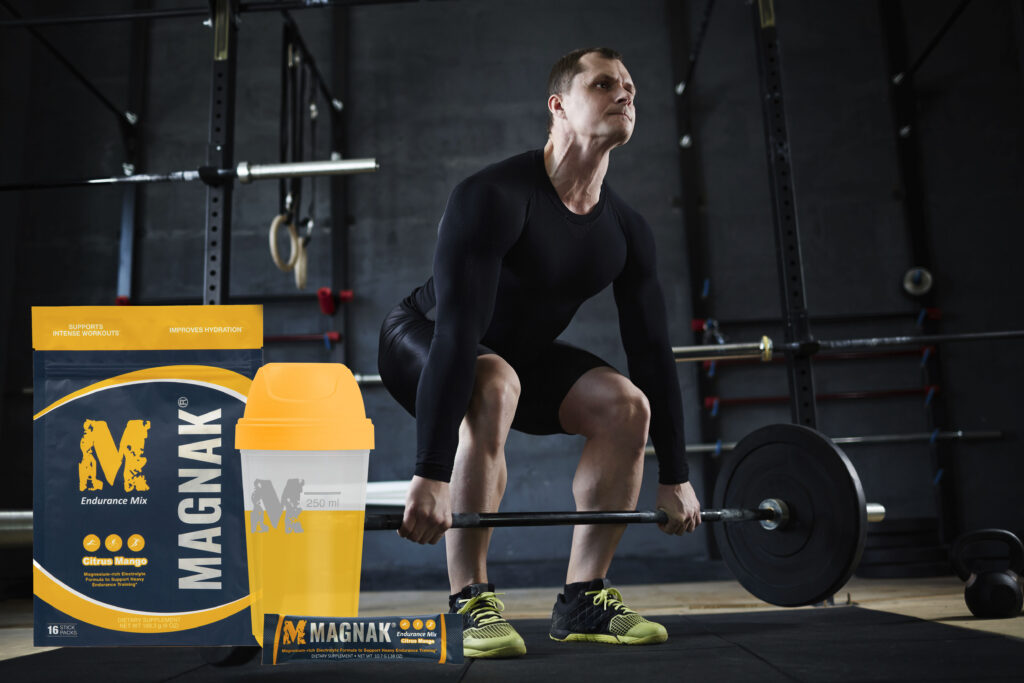The warmer the weather, the more we hear people asking why do I sweat so much? Sure, sweating is a natural component of our body’s method for maintaining the right internal temperature, but it’s still uncomfortable and can prove dangerous for some individuals who struggle to maintain hydration.
While sweating on its own isn’t usually a problem, the connection between dehydration and sweating means that if you’re sweating excessively, you’re going to want to seek out ways to rehydrate your body.
Here’s what you should know about excessive sweating, including how it relates to dehydration and what you can do to make sure your body still has what it needs.
Sweating is the body’s natural way of controlling its internal temperature. When you get overheated from exercise, stress, or the weather, your body uses sweat to release that excess heat (almost as steam) and return to a balanced 98.6 degrees Fahrenheit.
Of course, some people sweat more than others, and several factors could be to blame. This includes gender, body size/mass index, age, fitness level, hormone fluctuations, and certain health conditions (of thyroid or diabetes) and medications. And in some cases, no obvious cause is found. If you think that you are sweating more than normal, talk to your doctor to discuss any possible causes or treatment methods.
Some things that you can do to try and prevent sweating too much are to wear breathable clothes and to stay cool by staying in the shade outdoors and circulating cold air when you’re in your home. You’ll still sweat, but you may be able to cut down on the total amount and keep yourself more comfortable.
Keep in mind that while it may be annoying at times, sweating is essential to the overall health of your body. Simply put: sweat happens, and you’re better off focusing on how to counterbalance any potentially negative effects of sweating rather than trying to fight it from occurring in the first place. This is especially true when it comes to sweat and dehydration.
It’s probably not all that surprising to learn that there is a link between dehydration and sweating. But does excessive sweating cause dehydration? In some cases yes, if you’re not making sure to replenish fluids and electrolytes.
This connection works both ways. Your body needs to sweat, and it needs to be hydrated to do so efficiently. Alternately, as you sweat, your body releases water and electrolytes such as sodium as these are present and freely diffusing in your body water. These need to be replenished so that you can continue to regulate your internal temperature, among other core functions.
You should always make a point of increasing hydration when you’re sweating. Dehydration symptoms to be on the lookout for in particular include:
And if you generally sweat a lot, you need to be more careful when you work out. If you notice any of these symptoms of dehydration, you’ll want to hydrate. But even if you don’t notice anything wrong, you should always counteract excessive sweating with increased hydration.
This helps ensure that your water and electrolyte levels remain balanced and your body has everything it needs to function at an optimal level.

Your first thought for how to replenish fluids after sweating might be to just chug a lot of water. However, it’s not just water that your body loses when it sweats. Many athletes would confirm that simply hydrating with water often leaves them tired, sore and fatigued even though they feel hydrated.
There are some key electrolytes lost in sweat, too: namely, sodium, chloride, magnesium, and potassium, and you’ll need to rebalance these as well to counteract the effects of excessive sweat. Calcium is different–high amounts of calcium in the blood can dehydrate individuals by preventing free water absorption from the kidney. And often, when someone is dehydrated, calcium in the blood rises. So not all electrolytes are lost to a similar effect in the body.
Potassium for example is conserved through our kidneys during dehydration by a special channel in the kidney epithelial cells. Magnesium usually follows water, potassium and calcium in its transport via the kidney, but can be easily consumed and depleted hence, in individuals who work out; hence, dehydration and sweating that happen with workouts can deplete your magnesium levels and make you sore.
In fact, if you often find yourself asking “what do I sweat so much”, you should also ask if you are sore because your magnesium levels run low?
If you sweat a lot, and you do not have a medical condition as mentioned above, you probably need to focus simply on keeping yourself comfortable (clothing) and staying rehydrated.
A complete rehydration beverage like MAGNAK can help you replenish the water and electrolytes lost to sweat. It is particularly effective if you sweat too much. As higher amounts of sweating create a gradient for absorption, the deficit actually works in your favor by driving nutrients and electrolytes inside the body along with water.
MAGNAK works quickly filling in the hydration-related deficits caused by sweat, in turn helping you overcome any dehydration symptoms and allowing your body to continue regulating its internal temperature with efficiency.
For any questions or comments regarding our products, contact MAGNAK today.
